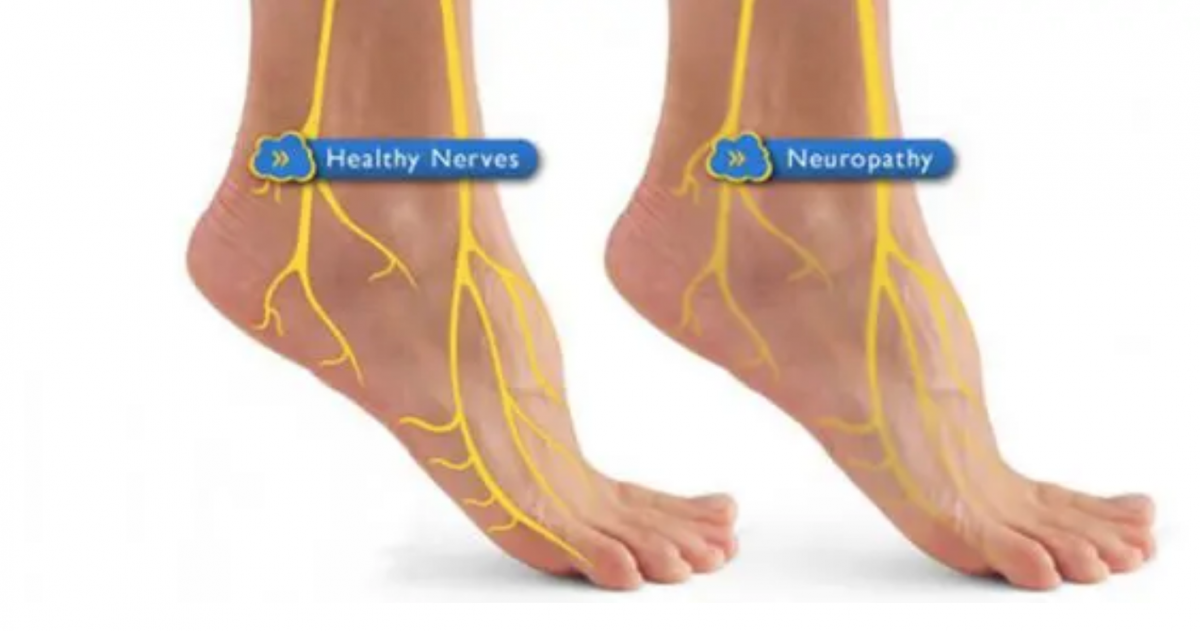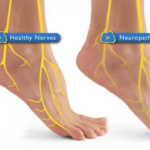Five signs of neuropathy with Dr. Suhyun An, DC
Introduction
Neuropathy is a common condition that affects the nerves in your body. It can cause pain, numbness and tingling in your arms and legs. In some cases, it might also lead to weakness or even paralysis. If you have neuropathy, then there are several signs that you can look out for. These include:
1. Numbness and tingling
The most common symptom of neuropathy is numbness and tingling. The pins and needles feeling can be in just one area, or it can affect the entire foot or leg. This painless sensation doesn't mean that there's anything wrong with you physically; it's simply your body's way of telling you that something isn't right on a neurological level.
Neuropathy can be caused by a number of conditions, including diabetes and chemotherapy drugs used to treat cancer.
2. Sharp, jabbing, or burning pain
-
Sharp pain
Dr. Suhyun An says the first type of pain is sharp, which is felt as a stabbing or pricking sensation. It often occurs with pressure and increases when you move. Sharp pain can be caused by an injury to the body part, such as stubbing a toe on something or tearing tendons in your foot.
-
Jabbing pain
The second type of neuropathy is jabbing, which is experienced as sudden and intense stabs into your feet or hands. Jabbing occurs when nerves are compressed rather than cut off from blood flow like in other types of neuropathy.[2] The jabs may be accompanied by burning in the skin that lasts for several minutes after each jab. Because it’s not constant like burning sensations can be over time, this type of neuralgia isn't considered nerve damage but rather nerve irritation due to compression.[3] This form of neuralgia can cause unpleasant symptoms such as tingling around joints due to pinched nerves[4] which may lead to loss of muscle control (muscle weakness).
3. Balance problems
-
Dr. Suhyun An says to look for a loss of balance when walking
-
Difficulty standing still, or maintaining a steady posture
-
Difficulty maintaining balance while sitting or turning over in bed.
4. Weakness in the arms and legs
Weakness in the arms and legs is a common sign of neuropathy. Neuropathic weakness can be caused by nerve damage, which often occurs in people with diabetes or those who have experienced trauma to the nervous system, such as spinal cord injuries.
Neuropathic pain may also cause weakness in extremities like hands and feet. This is because it causes abnormal sensations that can cause your muscles to contract (tighten), making them feel weak or heavy.
Neuropathy can also cause numbness, tingling, or a burning sensation in your feet or hands which may affect your ability to walk properly or grip objects firmly.
5. Loss of reflexes
If you're experiencing a loss of reflexes, it could be due to several different things. Loss of reflexes is usually a sign of spinal cord damage or peripheral neuropathy—a condition that affects the nerves outside the brain and spinal cord.
A common example is foot drop (also known as paralysis of the dorsiflexors). Foot drop occurs when there's nerve damage that prevents the foot from moving upward toward your leg when you try to straighten it at the ankle. This causes your toes to drag behind you as you walk, making it look like you're shuffling instead of walking properly.
Another symptom associated with loss of reflexes is impaired bladder control—your bladder may not empty completely when you urinate because there's no sensation telling your brain that it needs to go or telling your muscles how much urine is left in order for them to contract fully.
These are some signs that you may have neuropathy
-
Numbness and tingling
-
Sharp, jabbing, or burning pain
-
Balance problems
-
Weakness in the arms and legs (called weakness)
-
Loss of reflexes

Conclusion
If you experience these symptoms and suspect that they may be due to neuropathy, you should seek medical attention.
Check out Dr. Suhyun An Scholarship
































